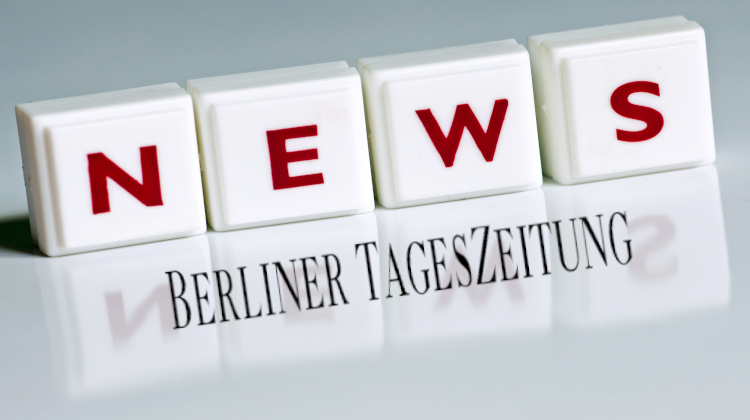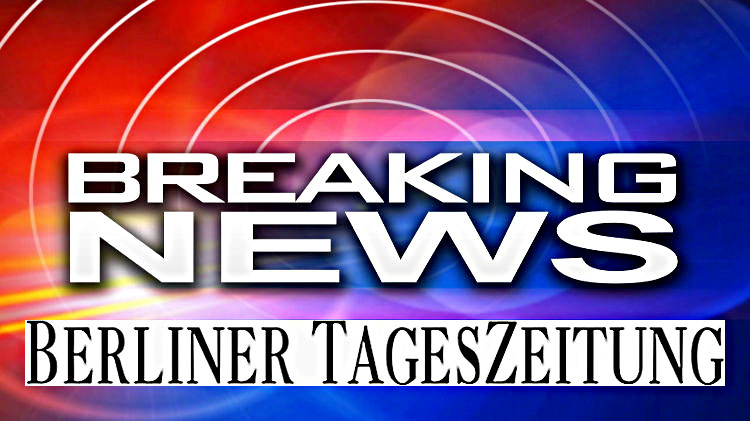
| RBGPF | 100% | 60.27 | $ | |
| CMSC | -0.54% | 22.17 | $ | |
| VOD | -1.8% | 8.35 | $ | |
| RYCEF | -0.98% | 8.15 | $ | |
| RELX | -5.78% | 45.53 | $ | |
| GSK | -4.85% | 34.84 | $ | |
| RIO | -0.2% | 54.56 | $ | |
| BP | -4.45% | 27.17 | $ | |
| BTI | -1.09% | 39.43 | $ | |
| NGG | -4.82% | 62.9 | $ | |
| JRI | -6.22% | 11.26 | $ | |
| BCE | -2.85% | 22.08 | $ | |
| CMSD | -1.56% | 22.48 | $ | |
| BCC | -3.86% | 91.89 | $ | |
| AZN | -4.06% | 65.79 | $ | |
| SCS | -3.73% | 10.2 | $ |
Danes vote in knife-edge election

Danes voted Tuesday in a knife-edge election with Prime Minister Mette Frederiksen fighting for political survival against the right and far-right in polls that could turn a moderate ex-premier into a kingmaker.
The election was triggered by the "mink crisis" that has embroiled Denmark since the government decided in November 2020 to cull the country's roughly 15 million minks over fears of a mutated strain of the novel coronavirus.
The decision turned out to be illegal, however, and a party propping up Frederiksen's minority Social Democrats government threatened to topple it unless she called elections to regain the confidence of voters.
After a campaign dominated by climate concerns, inflation and healthcare, almost a quarter of voters were still undecided heading into election day, according to polls.
Grey skies covered the capital as voting took place with polling stations scheduled to close at 8:00 pm (1900 GMT) and the first results expected around 9:30 pm.
"Climate issues and psychiatry (mental health issues), but mostly climate, are the reasons behind my vote," 46-year-old Lone Kiitgaard told AFP after casting her ballot in central Copenhagen, without disclosing who she voted for.
The latest polls gave the left-wing "red bloc", led by Frederiksen, 49.1 percent against 42.4 percent for the "blues", an informal liberal and conservative alliance, supported by three populist parties.
"This election could be really close and there is a risk that there will be a blue government after today," Frederiksen admitted after voting at a badminton centre turned polling station northwest of Copenhagen.
"There is a fairly high degree of volatility with Danish voters, about 40 percent change parties," Rune Stubager, a political science professor at Aarhus University, told AFP.
- 'Better to be a joker' -
With neither bloc set to gain an outright majority, governing will likely depend on support from the Moderates, a centrist party founded only this year by two-time prime minister Lars Lokke Rasmussen.
"That's the most interesting part. If there is no majority, as seems to be the case, the Moderates are required to form a government," said Stubager.
Both the left and the right have made repeated appeals to Lokke Rasmussen, who has campaigned on reforming the healthcare system.
Frederiksen has floated the idea of a coalition government, led by herself, and has said she is willing to discuss healthcare reforms.
Liberal Party leader Jakob Ellemann-Jensen has called for Lokke Rasmussen to align with his former colleagues on the right.
"We will... do our outmost to be the bridge, that's the whole idea behind this," Lokke Rasmussen told AFP after casting his ballot in central Copenhagen.
Only two months ago, the party polled at around two percent but has now soared to between 9.3 to 10 percent support.
Lokke Rasmussen, who said "it's better to be a joker than a joke", does not envision becoming prime minister a third time, despite being a potential kingmaker.
"That's not in my mind," he said.
Protective of the prosperity and social cohesion of the Nordic welfare state, Denmark championed ever stricter migration policies for over 20 years.
- Climate concerns -
Advocating a "zero refugee" policy, the Social Democrats government is working on setting up a centre to house asylum seekers in Rwanda while their applications are processed.
As most parties back the restrictive policies the issue is rarely up for debate.
Climate, on the other hand, is of great concern to Denmark's 5.9 million inhabitants.
On Sunday, some 50,000 people, including the prime minister, gathered for the "People's Climate March" in Copenhagen.
The left has promised a biodiversity law and the government intends to introduce a carbon tax on agriculture, a measure supported by most other parties.
On the right, the Liberal Party is betting on the development of green solutions, while the far-right "New Right" is open to the construction of nuclear power plants, of which there are none in Denmark.
Four seats are reserved for the overseas autonomous territories: Greenland and the Faroe Islands.
Voter turnout is traditionally high in Denmark. In the 2019 election, 84.6 percent of some 4.2 million eligible voters cast a ballot.
F. Burkhard--BTZ

 London
London

 Manchester
Manchester
 Glasgow
Glasgow
 Dublin
Dublin
 Belfast
Belfast
 Washington
Washington
 Denver
Denver
 Atlanta
Atlanta
 Dallas
Dallas
 Houston Texas
Houston Texas
 New Orleans
New Orleans
 El Paso
El Paso
 Phoenix
Phoenix
 Los Angeles
Los Angeles



